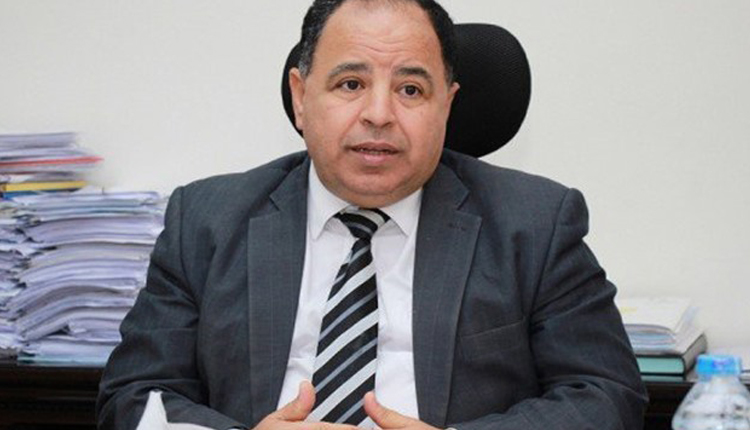Egypt might opt for new IMF loan in March if needed – minister
Egypt’s Minister of Finance Mohamed Maait told Ahram Online that Egypt might opt for a new IMF loan deal by March if needed .
He said the government has not decided yet if it will sign new agreements with the International Monetary Fund (IMF) regarding a new loan, adding that the cooperation between the two sides is continuing.
There are talks with the IMF at present, he said, but they are about getting technical support and exchanging experience.
He added that the IMF is a key partner in achieving Egypt’s economic reforms.
Egypt implemented its economic reform programme as part of an agreement with the IMF in 2016 which saw the country receive a $12 billion loan. The final disbursement was in August.
On Tuesday, Euromoney reported that Egypt hopes to agree on a new IMF funding package by the end of March, and is on track to implement more structural reforms still needed to attract foreign investment, which spurred Maait to start informal talks on new fund package few months ago.
Maait told to Euromoney on Thursday that Egypt is committed to implementing the much-needed reforms to drive growth, and is pressing ahead with IPOs of several state-owned companies.
Egypt achieved its main objectives, according to the fifth and final International Monetary Fund (IMF) review of Egypt after the final disbursement of the loan.
The review also asserted that Egypt’s macroeconomic situation has improved markedly since 2016, driven by authorities’ strong ownership of the economic reform programme and decisive policy actions.
“Critical macroeconomic reforms have been successful in correcting large external and domestic imbalances, achieving macroeconomic stabilisation and a recovery in growth and employment, and putting public debt on a clearly declining trajectory,” according to the review.
It added that Egypt’s monetary policy remains anchored by the medium-term objective of bringing inflation to single digits. While core inflation appears to be well contained, the Central Bank of Egypt (CBE) should remain cautious until disinflation is firmly entrenched, the IMF said.
“Exchange rate flexibility remains essential to improve resilience to shocks and preserve competitiveness, and the FY 2018/19 primary surplus target of two percent of GDP was met, helping to anchor a further decline in the public-debt-to-GDP ratio. It will be important to maintain primary surpluses at this level over the medium term to keep public debt on a downward trajectory,” the review said.
The review also touched on the phasing out of fuel subsidies, describing their elimination as encouraging energy efficiency, helping to protect the budget from unexpected changes in oil prices, and freeing up fiscal space for social spending.
It added that improved revenue mobilisation is also essential to spending on health, education, and social protection.
“The outlook remains favourable and provides an opportune juncture to further advance structural reforms to support more inclusive private-sector led growth and job creation,” it read.
“Deepening and broadening of effective reforms is critical to underpin the positive outlook for growth and unemployment,” reads the review.
Regarding the CBE’s monetary policy, the IMF found it remains appropriate to ensure that second round effects of food price volatility do not spill over into broader inflation, anticipating that if supply-side constraints are duly addressed to ensure more efficient functioning of market mechanisms, and prudent monetary policy maintained, inflation would be expected to reach single digits in 2020.
Source: Ahram Online


